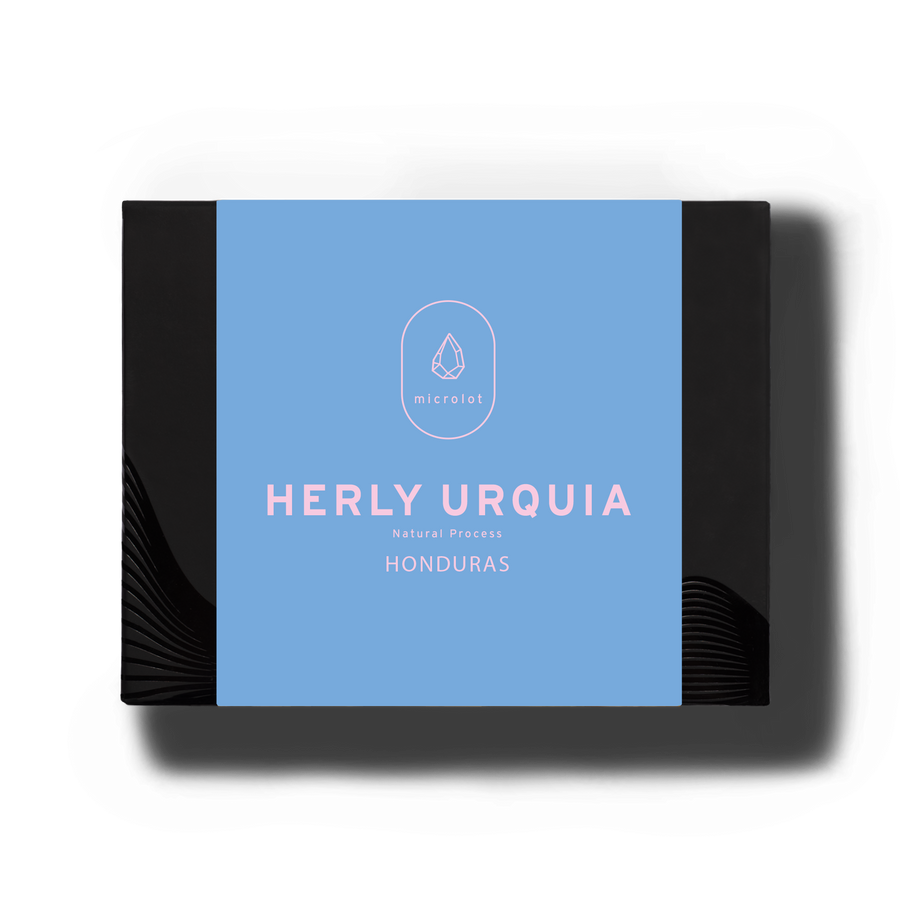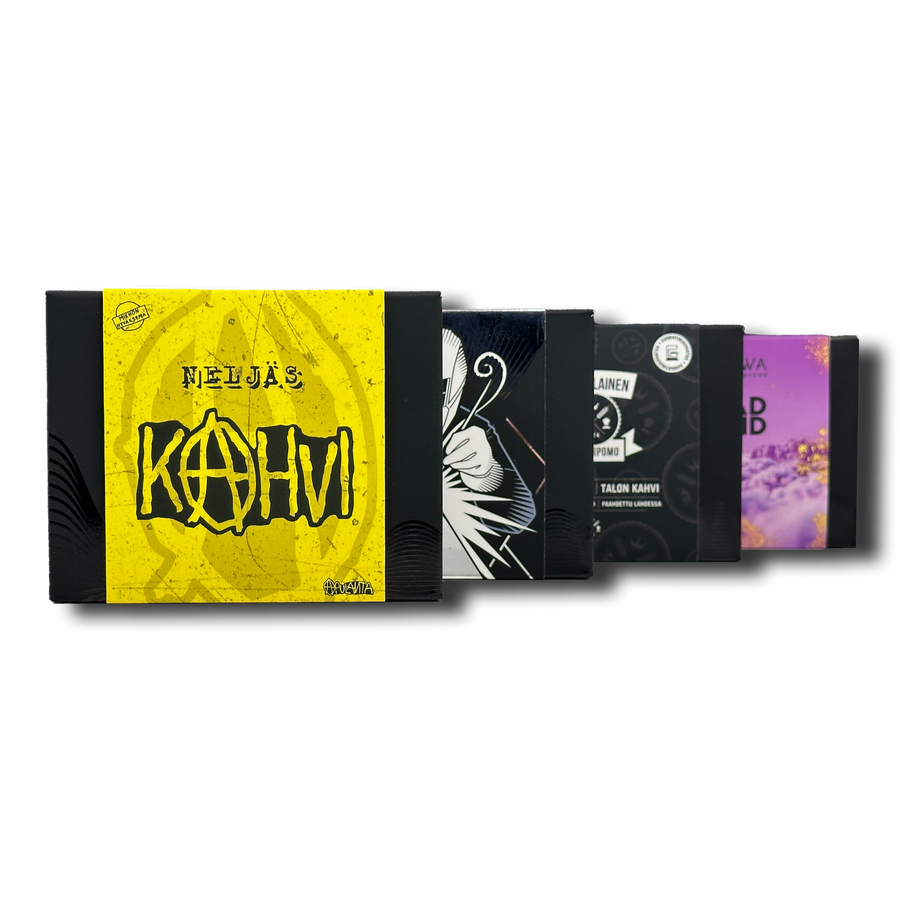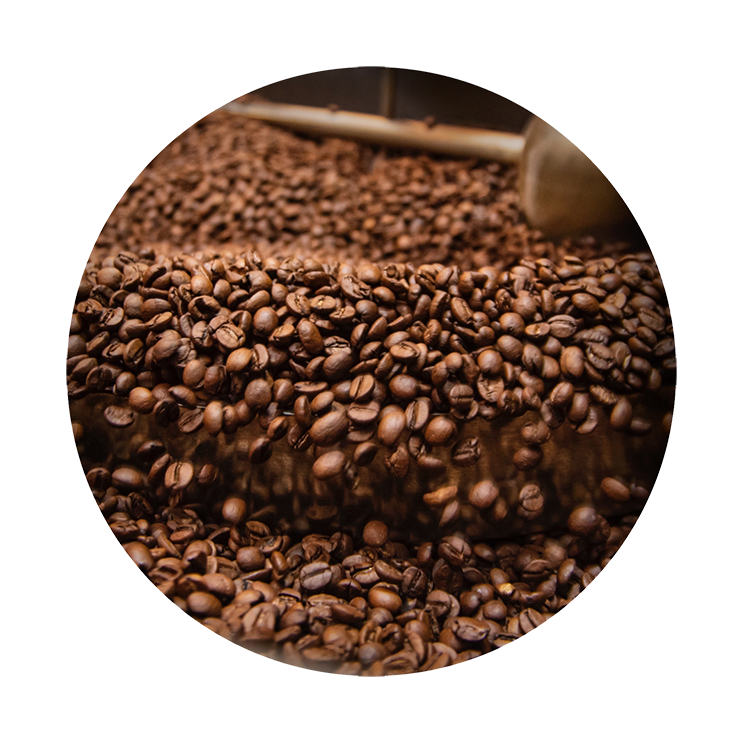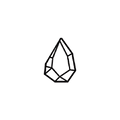Dried coffee berry aka CASCARA
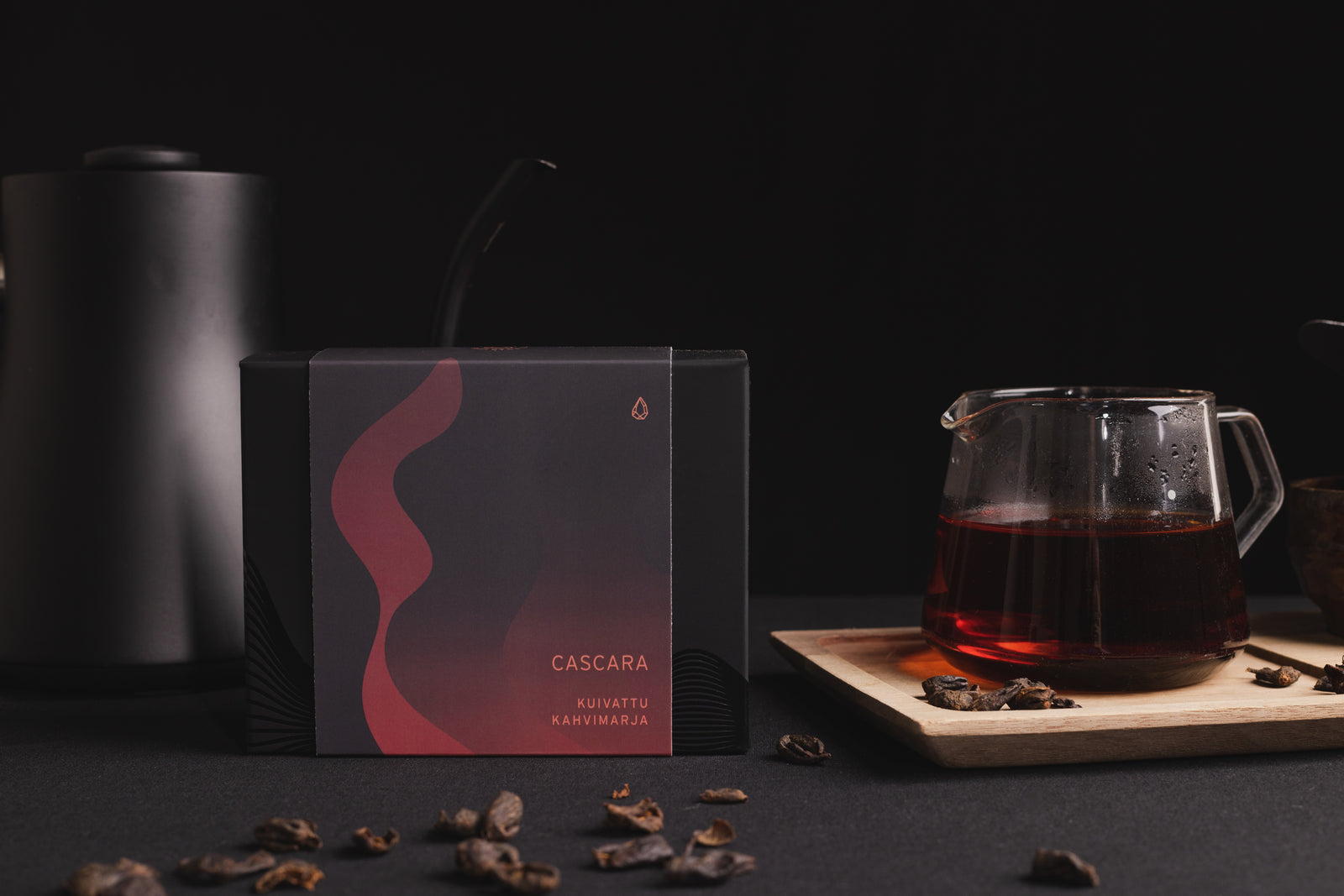
Cascara, i.e. dried coffee cherries or a drink made from them.
In the Spanish language, from which the term originates, Cascara literally means 'husk' or 'shell.' Originally, Ethiopians brewed tea from dried coffee cherries before anyone thought of roasting the seeds inside the berries to create coffee beans. As coffee plantations and the love for coffee spread worldwide, coffee cherries were typically used as fertilizer on plantations after harvesting. However, now, fueled by the specialty coffee culture, we have begun to see the discovery of this hidden gem for various purposes, such as different beverages, energy bars, and even flour. The EU legislation, which approved it as a food product for the EU market, played a part in easing the global expansion of cascara, and this approval came in 2022.
While cascara is a delicious brewed beverage with flavors like hibiscus, rosehip, and raisin, it is also an incredibly healthy and nutrient-rich superfood. Ongoing research on cascara suggests that, even in the light of current studies, it may contain up to eight times the amount of antioxidants compared to blueberries. Despite being a highly invigorating drink that adds a boost to your day, cascara has a surprisingly low caffeine content, approximately 110mg/L, compared to coffee, which ranges from 400-800mg/L depending on the extraction. The caffeine in cascara is also absorbed more efficiently by the body compared to coffee, based on current knowledge.

For coffee growers, cascara could also be a significant opportunity for the future if its usage becomes more widespread globally. Coffee plantations currently use coffee cherries as fertilizer, but due to the pH concentration of the fruit, its use is limited. Only about one-third of the harvested cherries end up as fertilizer to prevent soil contamination. If farmers could sell cascara in addition to their coffee, their income from coffee cultivation could potentially double.
Our basic brew guide for delicious cascara:


